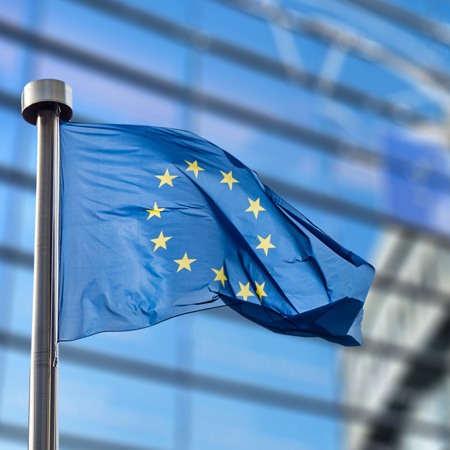
16 maart 2018
Recent Developments
Commission report on patent settlement agreements
On 9 March 2018, the European Commission published its 8th monitoring report on pharmaceutical patent settlements. The monitoring process was launched in 2009 as a result of the pharmaceutical sector inquiry. The sector inquiry report indicated that settlement agreements that limit entry of generic medicines onto the market and include a value transfer from an originator company to one or more generic companies are an example of potentially anti-competitive agreements. Such agreements may have negative effects on consumers by depriving them of a broader choice of medicines at lower prices. The main goal of the monitoring process is to gain a better understanding of the use of this type of agreement and to identify those settlements that possibly infringe European competition law. The new report confirms that patent settlements still continue to be used in the European pharmaceutical sector. Most of the settlements, however, raise no need for competition law scrutiny. According to the report, companies are usually able to settle their disputes in a manner that is considered unproblematic from a competition law perspective.
GSK “pay-for-delay” fine referred to CJEU
On 8 March 2018, the UK Competition Appeal Tribunal referred specific questions on the so-called “pay-for-delay agreements” to the Court of Justice of the European Union (CJEU) in the case of GSK and generic drug manufacturers against the Competition and Markets Authority (CMA) . In February 2016, the CMA determined that GSK and five other companies had concluded anti-competitive agreements and imposed significant penalties on those companies. The infringements were the result of agreements concerning the anti-depressant drug, paroxetine (Seroxat). According to the CMA, GSK had entered into agreements with the generic drug manufacturers whereby GSK had paid these companies to delay the market entry of an independent generic drug and to drop patent challenges against GSK. According to the UK Competition Appeal Tribunal, these “pay-for-delay” agreements , in all the circumstances, give rise to infringements of competition law. The Tribunal is now asking for guidance from the CJEU on how to interpret the object and effect of the agreements in the light of Article 101 TFEU.
ACM focus on compliance competition rules in pharmaceutical sector
On 8 March 2018, the Dutch Competition Authority, Autoriteit Consument & Markt (ACM), published a working paper on how competition law may be applied to abuses of dominance involving patented pharmaceuticals. The report argues that the so-called “pay-for-delay” cases in both the US and the EU are only the first step in exploring the application of competition law to such pharmaceutical products. In its enforcement strategy, the ACM indicated that the pharmaceutical industry will be a key area of interest to the ACM in the coming two years. The ACM will concentrate on the prices of medicines and competition in the pharmaceutical sector. Moreover, it will focus specifically on innovation incentives in the sector contributing to the development of new medicines, since it considers innovation and the affordability of medicines to be key factors for “healthy” competition.
Revised guidelines for excipients in medicines labelling
In March 2018, the European Commission published revised guidelines for excipients in the labelling and package leaflets of medicinal products for human use. An excipient is a constituent of a medicine other than the active substance, added to the formulation for a specific purpose. Such constituents may include colouring matter, preservatives, adjuvants, stabilisers, thickeners, emulsifiers, flavouring or aromatic substances. The guidelines are meant for authorities, marketing authorisation holders and applicants who are required to list excipients on the medicine’s labelling under Directive 2001/83/EC. The revised guidelines explain amongst others how excipients must be displayed and which information must be provided in the package leaflet. Furthermore, the revised guidelines include a timeline for the implementation of the annex and updated explanatory notes. For already authorised medicines, marketing authorisation holders should use the first opportunity to implement the wording in compliance with the revised annex.
Contact
The Houthoff EU team is available at eu-office@houthoff.com or +32 (0)2 507 98 00.




